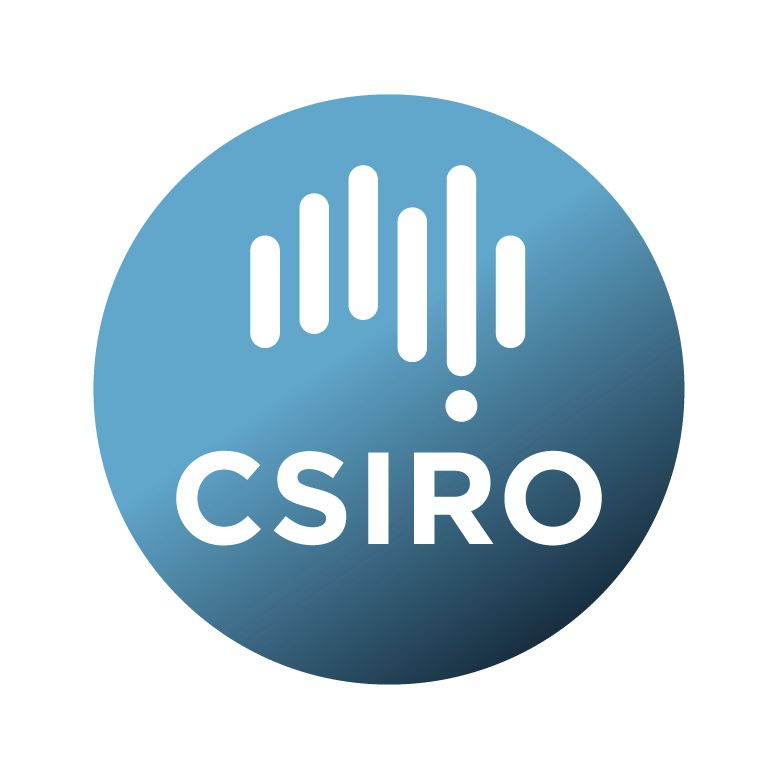Brief description
CAMRIS incorporates the Australian estuarine database, which includes the National Estuaries Study (Bucher and Saenger 1989, http://dx.doi.org/10.1111/j.1467-8470.1991.tb00726.x). Attributes include location, name, climatic variables, run-off coefficients, land use, flood frequency, water quality, habitat types including seagrass/mangrove/saltmarsh, fisheries/conservation/amenity values, administration, literature and threats.Format: shapefile.
Quality -
Scope: Dataset.
Absolute External Positional Accuracy: Assumed to be correct. +/- one degree.
Non Quantitative accuracy: The estuaries coverage contains 1566 points and the following attributes:
ESTUARY_NO : Inventory number, contains a letter prefix to denote State in which estuary lies. Estuaries are numbered clockwise around the continent.
NAME : Name of major input stream used to identify an estuary unless the estuary itself is named.
GEO_ZONE : Set of 12 coastal geographical zones (ACIUCN 1986).
CLIM_ZONE : Set of 3 named climatic zones.
CATCH_AREA : Catchment Area (sq km).
AVE_ANN_RF : Mean annual rainfall (mm), recorded at station nearest estuary.
RUNOFF_COEF : Runoff figure, best approximation to a catchment average rainfall, usually the average value for the respective drainage basin.
MAX_TIDAL_RANGE : Maximum tidal range (m).
WATER_AREA : Water area (sq km).
SAND-MUD_AREA : Sand and Mud Area (sq km).
MANGROVE_AREA : Area of Mangroves (sq km).
SEAGRASS_AREA : Area of Seagrass (sq km).
SALTMARSH_AREA : Area of Saltmarsh (sq km).
ESTUARINE_AREA : Est area of estuary (sq km).
GALLOWAY_SECTION : Galloway section number - each 3x10km strip is numbered, clockwise around the coast.
LONGITUDE : Longitude of estuary site (dd).
LATITUDE : Latitude of estuary site (dd).
LANDUSE_CODE : % catchment clearance.
FLOOD_REGIME : Frequency of flooding.
WATER-QUAL : Subjective assessment of water quality only.
MANGROVE_COVER : Degree Mangrove cover.
SEAGRASS_COVER : Degree Seagrass cover.
SALTMARSH_COVER : Degree Saltmarsh cover.
FISH_VALUE : Importance of an estuary as a commercial or amateur fishing ground.
FISH_THREAT : Threats to fisheries.
CONS_VALUE : Qualitative conservation values.
CONS_THREAT : Threats to conservation.
AMENITY_VALUE : Amenities value.
ECO_STATUS : Effects of human activity.
RESEARCH : Depth of information used to assess estuary.
ADMIN : Statutory classifications that restricts use.
Conceptual consistency: Coverages are topologically consistent. No particular tests conducted by ERIN.
Completeness omission: Complete for the Australian continent.
Lineage: ERIN: Projected the estuaries point coverage to geographics with the WGS84 spheroid. The coverage has been attributed with information taken from the Bucher and Saenger (1989) National estuaries inventory.
CSIRO: Data were stored in VAX files, MS-DOS R-base files and as a microcomputer dataset accessible under the LUPIS (Land Use Planning Information System) land allocation package. CAMRIS was established using SPANS Geographic Information System (GIS) software running under a UNIX operating system on an IBM RS 6000 platform. A summary of data processing follows:
1. r-BASE: Information imported into r-BASE from a number of different sources (ie Digitised, scanned, CD-ROM, NOAA World Ocean Atlas, Atlas of Australian Soils, NOAA GEODAS archive and Complete book of Australian Weather).
2. From the information held in r-BASE a BASE Table was generated incorporating specific fields.
3. SPANS environment: Works on creating a UNIVERSE with a geographic projection - Equidistant Conic (Simple Conic) and Lambert Conformal Conic, Spheroid: International Astronomical Union 1965 (Australia/Sth America); the Lower left corner and the longitude and latitude of the centre point.
4. BASE Table imported into SPANS and a BASE Map generated.
5. Categorise Maps - created from the BASE map and table by selecting out specified fields, a desired window size (ie continental or continent and oceans) and resolution level (ie the quad tree level).
6. Rasterise maps specifying key parameters such as: number of bits, resolution (quad tree level 8 lowest - 16 highest) and the window size (usually 00 or cn).
7. Gifs produced using categorised maps with a title, legend, scale and long/lat grid.
8. Supplied to ERIN with .bil; .hdr; .gif; Arc export files .e00; and text files .asc and .txt formats.
9. The reference coastline for CAMRIS was the mean high water mark (AUSLIG 1:100 000 topographic map series).
Available: 2015-03-27
Data time period: 1995-01-01 to ..
Subjects
Australia |
CAMRIS |
Coastal and Marine Resources Information System |
Earth Sciences |
Engineering |
Environmental Sciences |
Geomatic Engineering |
Geospatial Information Systems and Geospatial Data Modelling |
Oceanography |
Other Environmental Sciences |
Other Environmental Sciences Not Elsewhere Classified |
Physical Oceanography |
coast |
coastal |
estuaries |
User Contributed Tags
Login to tag this record with meaningful keywords to make it easier to discover


